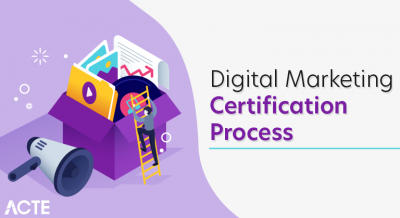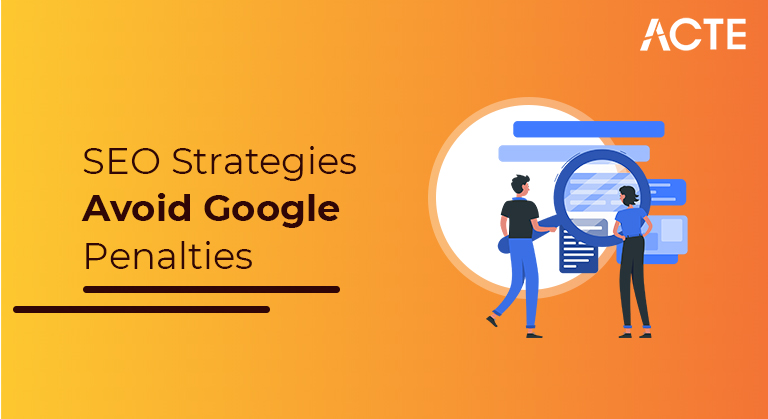
Introduction to SEO Strategies Avoid Google Penalties:
To fix a hidden text penalty, you should check your page’s source code to make sure no keywords are hiding in there. If you have content on your site that utilizes keyword stuffing, simply tweak the content to take out some of those excessive keywords. A Google Penalty is a negative effect inflicted on a website’s rankings based on updates made to Google’s search algorithms. Penalties can be the result of an algorithm update or suspicion of black-hat SEO tactics such as suspicious links or keyword-stuffing.
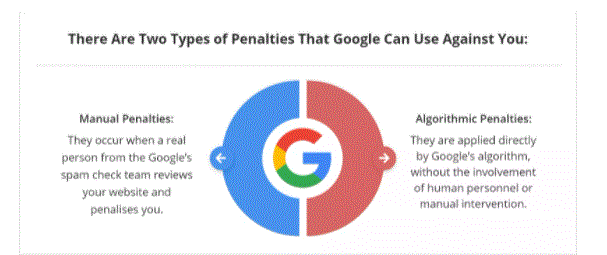
- Have you ever wondered whether there’s an ultimate strategy that you simply can accept to rank highly on Google’s program results page? Well, the straightforward answer is: yes, there is. But the very existence of the point is that it’s not very easy. Let me endeavor to describe why, before we will get to the system.
- Google’s program ethos is especially defined by the very fact that they need program users to receive the foremost relevant results for searches submitted, within the fastest time possible. Websites that fulfill this need within the absolute best way rank higher and are prioritized in program results.
Shaping Your SEO Strategy In-Tune with Google’s Algorithm Updates:
- Panda
- Penguin
- Hummingbird
- Pigeon
- Mobilegeddon
- A growing commitment and specialization in better user experience for program users,
- A focus and preference for websites that often update and refresh content,
- A stronger emphasis on brand awareness,
- Stress on tracking optimized for local ranking and.
- More additional and more importance is given to websites that attach to a mobile SEO strategy.
What’s The Catch?
Everything that I even have mentioned thus far sounds very straightforward and almost automatic, but the reality is that if it were as easy as it sounds, everybody would be famous on Google’s SERP (search engine results page), right? and that we all know that is usually “> this is often unattainable because not everyone can be numeral one!
Whereas Google is constantly purifying its algorithm, five significant algorithm changes have influenced how webmasters and users participate in the program. These algorithm updates are named as follows:
As a whole, the most direct and benefits of Google’s algorithm refinements thus far have been:
Different Ways To Evade Google Penalties In 2022:
Don’t Buy Links
Buying links will almost always garner you damages from Google. Don’t expect any mercy from the program giant if you get caught. Sure, companies that sell links may have a flashy sales talk with tons of flashy jargon, but don’t trust it. If you’ve got to shop for paid links, you’ll get caught eventually. Also, never believe once they tell you their links are undetectable.
Keyword Stuffing
Any SEO expert will tell you that keyword stuffing is one among, if not the most important, no-no you’ll make later. Google has been vigorously against and punishing websites that keyword stuff for quite a decade. However, Google’s BERT (Bidirectional Encoder Representations from Transformers) algorithm update has confirmed that this schedule colossus can now comprehend content also as, if not more useful, than a person’s. The update was concentrated around tongue understanding. Therefore, search engines inherently better comprehend when content doesn’t flow or doesn’t give the “smell test” for being inherently written. Avoid a Google penalty by writing content inherently, almost like how you’d talk in the real world, and maintaining your keyword usage around 2-3% is that the common rule of thumb.
Having Shallow Content Depth
As noted above, Google’s most up-to-date update, BERT, now can advance and comprehend site content comparable or more useful than humans do. This update isn’t simulating all websites just yet, but Google is rolling out BERT to affect more and more pages on a drip basis. Therefore, using shallow content on your website can cause penalties for your site. an excellent thanks to avoid this is usually to take care of an endless industry-related blog with well-written content that’s also in-depth.
Non-Unique Content or Copyright Infringing
Google calls this “duplicate content,” and Google takes it extremely seriously. This contains two different things. First, it holds pages that contain duplicate content on numerous pages from being indexed completely, suggesting they won’t even show up. Second, you’ll be penalized for posting your content in multiple places, like a guest blog with content simply copied/pasted from your website.
Including Ads that create it Difficult for Visitors to Navigate or are Top Heavy
This is precisely why Google counted its Page Layout algorithm designed to flag pages and websites that are overly cluttered with ads or are pages that hinder the location visitors by creating them sift past of these ads to guide for the details they’re truly trying to find. Websites that are what Google calls “top-heavy.”
Never Hide Content
Google is, by default, focused on transparency. Not surprisingly, they don’t love it once you hide content to “trick” them into ranking your site higher. Numerous SEO professionals that haven’t kept with the time will do things like completing their text to match the backdrop color of the page. While they’ll believe it helps their rankings, it’ll little query cause a penalty. Be as translucent as you’ll be with Google, including high-quality content only.
Show you’re a Trusted, Legitimate Business
Google wants to supply the highest-quality experience for searchers that use it as their preferred program. The mega-giant program wants to form sure those searchers have an excellent experience and, therefore, they need to make sure that their listings are relevant to precisely what searchers are trying to find. Therefore, Google tends to prefer websites with high-quality, seamless consumer experiences. you’ll improve your website’s orders also lower your site’s likelihood of acquiring a penalty by optimizing your site.
Write URLs for Humans, Not Search Engines
If you would like to avoid your site or specific pages getting a penalty, create URLs that are clear, concise, and written for the user. While it’s okay to incorporate specific keywords or phrases, your URL itself must match the content and not simply be written to draw in traffic and written for program rankings.
Link Spamming Other Websites
Another manner to avoid damages from Google isn’t to try to do what’s noted as “link spamming.” this is continually a method that a lot of agents want to offer or that folks at a company without a clear understanding of SEO include as a portion of their plan.
Not Noticing a Hacked Website
Hacking may be a larger issue than ever before, and even kids are wising up to the way to scent out your website’s content management system to feature malicious content, spam, and links. When Google’s spider bots realize that a site has been hacked, they’re a notification next to the search results containing a hacked site with a “this site is hacked” notice, which can be a more sinister punishment than losing some traction in your search orders!
Cloaking
Although less common, cloaking is when websites and pages plan to “trick” Google by using the “black hat” SEO tactic of showing a special website to human searchers than it does to Google. this is often done using sneaky redirect links. Google will penalize websites that do that because the search giant wants to form sure users don’t click on the link thinking they’re getting to one location, only to be redirected to a completely different site without the specified information.
No Outbound Links
Outbound links are important to point out that you simply are a reputable business that isn’t afraid to link site visitors bent other credible sites and businesses. Including grade links to high-authority websites is important to not seem to be a spammy website and obtain a penalty. You’ll not want visitors leaving your top-level pages, but an ideal place to combine these outbound links is in your blog.
Not Checking for Harmful Inbound Links
When an internet site is flagged as harmful, like spam sites and sites with dubious text links to your site, it creates an inbound link. thanks to the very fact Google found this link on this low-quality, flagged website, Google will begin digging into your website suspiciously. confirm you’re monitoring all the links direct out there by third-party sites by monitoring them for free of charge using Google Search Console or using a third-party monitoring service.
Don’t Over-Use Anchor Text
Over-using anchor text or not distributing it properly can any program optimization you’ve achieved by killing your rankings. The overuse of anchor text is one of the foremost common things Google penalizes for. It requires care and a spotlight to avoid a penalty. Simply put, anchor text is that the actual text you’ll click on to be directed to be taken to a different page or website. Google wants all links to be natural and to direct people to the knowledge they need. for instance, if your anchor text for a link is trying to urge people to check in for your MasterCard, “get a payday loan Atlanta Buckhead” is an example of an over-optimized anchor link.
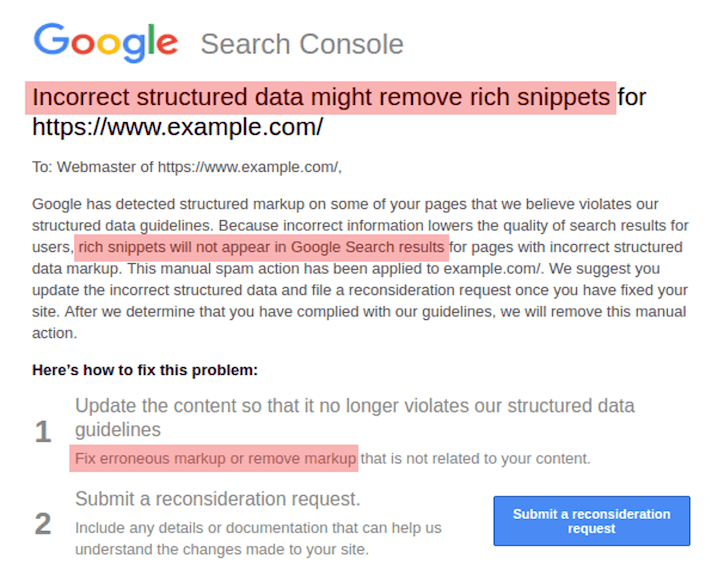
Consistently Retain Your Physical Address Throughout your Website:
Your physical location (assuming you’ve got one) will assist you to avoid a penalty and being seen as non-legitimate because it shows you’re is credible and trustworthy. This instantly connects to how Google ranks sites and messengers. Assuming you’ve got all three, you’ll want to incorporate your company’s NAP (name, address, and phone number) throughout your site. this may keep your site from being penalized by showing you’re a site that will be trusted.
- Google Panda Update
- Google Penguin Update
- Google Hummingbird Update
- Google’s Latest Mobile-Friendly Algorithm Update a.k.a “Mobilegeddon”.
- All of those updates have penalized tons of internet sites. Some websites have lost readers while others lost tons of business. So if you’re wary of getting penalized for yet one more Google update, you’re right to be afraid.
How to Avoid a Google Penalty?
Are you nervous about obtaining a hit by a Google penalty? Well, you’re not isolated. Google has clearly outlined its primary goal which is to provide its users with the simplest possible search experience. to realize that goal, Google keeps rolling out the latest algorithm updates to enhance its ranking algorithm, penalize low-quality websites, and showcase better results to its users. In a previous couple of years, Google has announced the subsequent major updates:
Avoid Link-Farming
The infamous Google Panda and Google Penguin updates were specifically unrolled to focus on websites with low-quality and spammy backlinks also referred to as link-farming. If you would like to avoid a Google penalty, it’s important to avoid the dubious technique of link-farming.
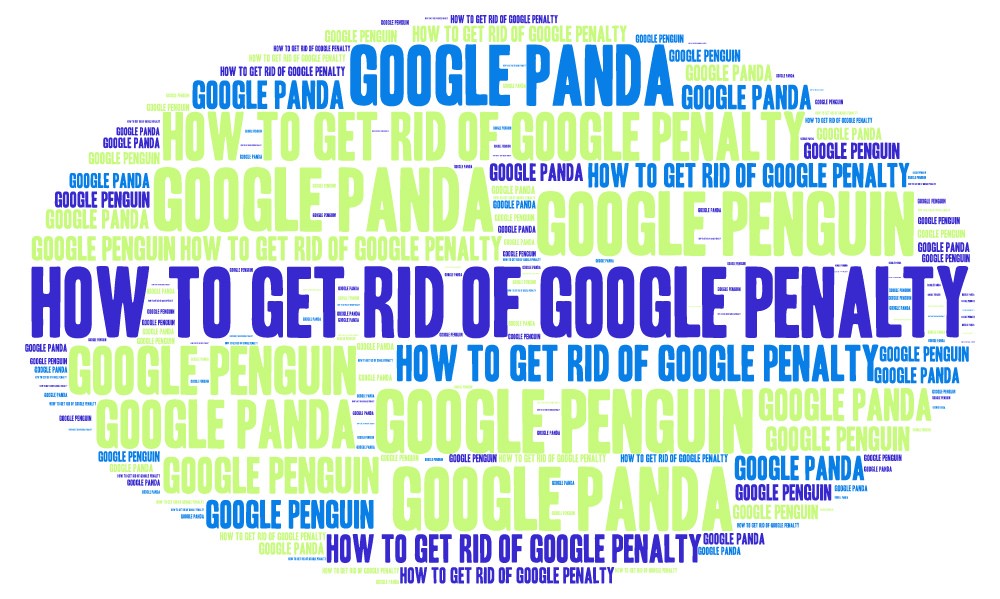
- Content marketing is an important aspect of getting higher program positions and generating natural backlinks. there’s no alternative thereto. Now, attempt to understand this.
- There are numerous websites and content available in every niche on the web. However, Google can only rank the highest 10 sites of any topic on the first page of program results. the remainder of the online pages gets buried down in search engines.
- What is LDR?
- LDR means “Linking Domain Relevancy”.
- What it means is that the links you generate for your website should come from a relevant niche/domain.
- You see, earlier the Page Rank (PR) of an internet site wont to be one among the foremost important factors for link-building. However, now Google is focusing more on the LDR.
- In an interview, a former member of Google’s webspam team said:
- “Relevancy is that the new PR.”
- Here is another small tip for you.
- Avoid fake social media signals, and this includes fake Twitter followers and faux Facebook fans.
- Google penalizes unnatural websites. Similarly, it also penalizes websites with fake social media signals.
What’s Link-Farming?
Simply put, link-farming may be a technique during which an internet site generates low-quality and spammy backlinks only for the sake of getting backlinks. These backlinks are wont to increase a website’s PR (page rank), but as they’re not genuine, they don’t have much value within the eyes of search engines.
Create Rich Content
Focus on LDR
Avoid Fake Social Media Signals
- So what do you have to do? Here may be a blueprint for you.
- Suppose your name is www.ABC.com and it deals with content marketing. The owner of the website’s name is John Doe.
- Ideally, your anchor texts should be divided into the subsequent proportions:
- About 30% of the anchor texts should be supported your brand, i.e. ABC.
- Approximately 10% should contain the entire URL, i.e. http://www.abc.com
- Similarly, 10% should have the name, i.e. ABC.com
- You may use 3-5% generic keywords, e.g. website, this post, this blog post, here, click here, etc.
- 10% of the anchor texts should be about branding your name, i.e. John Doe.
- Although do understand that there’s no magic formula for diversifying your anchor texts, but the above-mentioned blueprint should be followed.
- Avoiding a Google penalty could seem a really difficult task. But if you play by the principles and don’t become involved in black hat SEO techniques, you ought to be fine.
Diversify Anchor Texts:
Diversification of anchor texts is another important aspect of avoiding Google penalties. Unfortunately, most bloggers and website owners don’t pay enough attention to what anchor texts they’re using across the online.
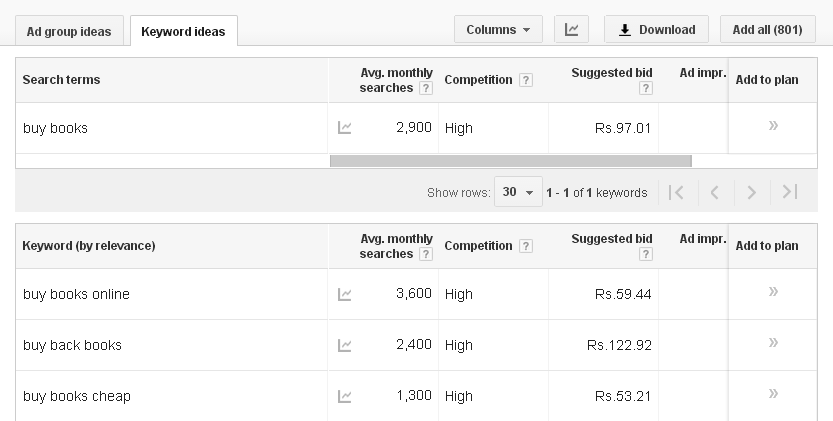
How to See if Your Site Already features a Penalty
Google uses multiple algorithms also as manually conducted audits to detect issues or violations with websites and pages that decide for a penalty to be issued. You or your webmaster should conduct frequent checks to ascertain if you’ve got already been penalized. the method is exceptionally simple. First, log in to Google Search Console, a free tool, to see for manual penalties. Then, check your messages to ascertain if you’ve got a replacement penalty notice. the opposite place you’ll look is under the Manual Actions sub-link found on the lefthand bar.
Conclusion:
Avoid a Google Search Penalty with Ease. Google hands out many thousands of penalties monthly. Many of those could be avoided. Remember, Google penalties are avoidable. It’s as easy as having a basic comprehension of the principles that cause penalties and avoiding them. you’ll utilize Google Search Console to watch your site’s ranking surely keywords and phrases. you’ll then fix any existing issues to avoid an inquiry penalty.


